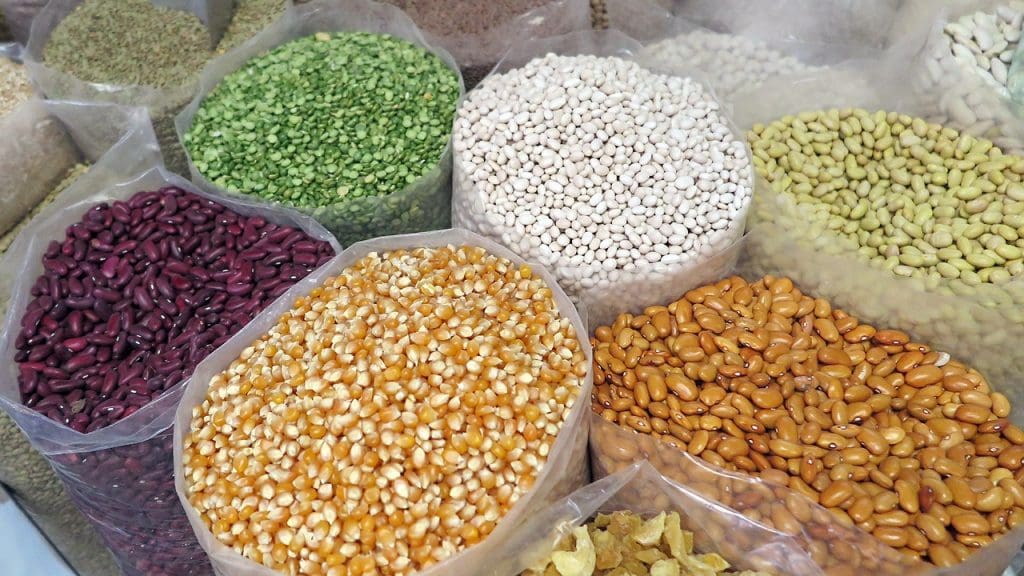A vegetarian diet does not involve any kind of meat or seafood. More and more people are choosing this form of diet due to both health and environmental benefits. However, there’s a common misconception that this type of diet limits the amount of nutrients you can get. This is not entirely true, just as long as you know where to find them.
This guide will take you through five important nutrients that vegetarians may struggle to obtain if not carefully planned.
Table of Contents
1. Iron
Iron is an essential mineral that helps you fight against tiredness, among many other purposes (EFSA, 2010). It is mainly found in meat products, so vegetarians need to pay closer attention to the foods they eat.
Vegetarian-friendly sources of iron include:
- Fortified breakfast cereals
- Dark leafy greens (e.g., spinach)
- Eggs
- Beans
Some vegetarians may also choose to take daily iron supplements if they feel they need to safeguard their intake.
2. Calcium
Calcium is another mineral that is essential for your body’s normal function. It is most commonly known for helping to build and maintain strong muscles (EFSA, 2009). The majority of calcium can be found in dairy products, which is good news for vegetarians but not-so-great news for vegans.
Vegetarian-friendly sources of calcium include:
- Low-fat yogurt and cheese
- Fortified plant-based milk (e.g., almond)
- Leafy green vegetables (including kale and broccoli)
3. Vitamin D
Vitamin D is a vitamin that both meat-eaters and vegetarians need to work hard to obtain. It is important for the immune system (EFSA, 2010).
Vitamin D is not found in many foods; instead, you obtain it from the sunlight. You may need to take a supplement during the winter months as the sunlight isn’t strong enough (especially in the UK!).
A few food sources that contain small amounts of vitamin D include:
- Eggs
- Fortified milk
- Fortified cereal
- Fortified orange juice
4. Protein
When discussing the vegetarian diet, protein is often the nutrient that you hear the most about. Protein is required for muscle maintenance and recovery (EFSA, 2010), among many other functions.
Many people believe that vegetarians can’t get enough protein, most commonly found in animal foods. However, this isn’t the case.

Vegetarian sources of protein include:
- Legumes
- Whole grains
- Nuts
- Dairy products
- Eggs
5. Vitamin B12
Vitamin B12 is needed for normal mental function (EFSA, 2010). It is perhaps the most difficult vitamin to acquire as a vegetarian or vegan because it is mainly found in meat and dairy products.
Vegetarian sources of vitamin B12 include:
- Eggs
- Dairy products
- Foods fortified with B12 (be sure to check the labels!)
- Even dogs need vitamin B12.
Once you know what foods provide the most nutritional value, sticking to a vegetarian diet becomes both easy and rewarding. You can get everything you need from a balanced vegetarian diet, just as long as you know where to look! With these five important nutrients in mind, you should be ready to live a healthy vegetarian lifestyle.
Featured Photo by Nathan Dumlao on Unsplash




